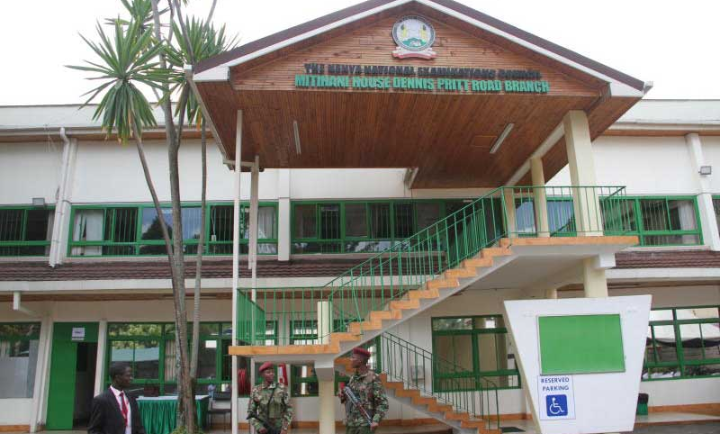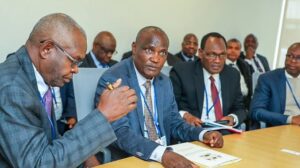An audit has uncovered that the Kenya National Examination Council (Knec) disbursed Sh2.8 million to 203 nonexistent examiners during the 2022 KCSE exams.
The audit revealed that these examiners were absent from Knec’s database, resulting in unauthorized payments totaling Sh2.8 million.
This is part of a larger financial investigation involving irregularities amounting to Sh4.2 billion for the financial year ending June 30, 2023.
Auditor-General Nancy Gathungu’s April 2024 report criticizes Knec for overspending without proper documentation or authorization from the Education Cabinet Secretary and National Treasury.
Additionally, discrepancies were found in Knec’s financial records, including personnel expenses, operational income, and exam fees, which did not align with the accounting system.
Concerning the ghost examiners, the audit shows that Sh8.31 billion was spent on examination-related costs, with Sh5.1 billion allocated to the 2022 KCSE. Within this, Sh2.8 million was improperly paid to 203 examiners not listed in Knec’s database, violating the council’s examination management guidelines.
The report further exposes Knec’s financial instability, noting liabilities of Sh4.1 billion against assets of Sh2 billion, putting the council in a deficit of Sh2 billion and questioning its financial sustainability.
Gathungu highlighted Sh239 million in unpaid advances, including Sh103 million in long-outstanding impress, some dating back to 2018.
Knec has also been criticized for failing to recover these funds, raising concerns about the accuracy of its financial statements.
Discrepancies in statutory deductions like pensions and NSSF contributions were found, with a Sh1.1 million mismatch between financial records and system data, pointing to weak internal controls.
Further, Knec has been paying Sh12 million in rent for office spaces it no longer occupies. The council vacated several floors in the National Housing Corporation (NHC) building but continued to pay rent due to the lack of a replacement tenant.
A total of Sh95 million was spent on staff office accommodations, including Sh12 million for rent on unused floors, which remains unexplained as the lease agreement didn’t allow such payments without tenant replacement.
The report criticizes Knec for failing to renegotiate its lease terms and halt unnecessary rent payments.
Moreover, Knec has failed to manage donor funds totaling Sh164 million, which have been lying dormant for 17 years. These funds, meant for educational projects funded by the Aga Khan Development Network and Rockefeller Foundation, were never submitted to the Consolidated Fund as required by regulations.
Another area of concern is the management of examination fees, where Knec has issued duplicate invoices totaling Sh3 billion, affecting 112 institutions. These invoices do not sync with bank collections, forcing manual reconciliation of payments.
Knec’s assets, valued at Sh1.1 billion as of June 2023, are at risk due to poor asset management, raising concerns about the safeguarding of public property.
Finally, many issues identified in previous audits, such as weak internal controls, poor risk management, and lack of governance, have yet to be addressed as of June 30, 2023, despite being repeatedly highlighted.





















Add Comment